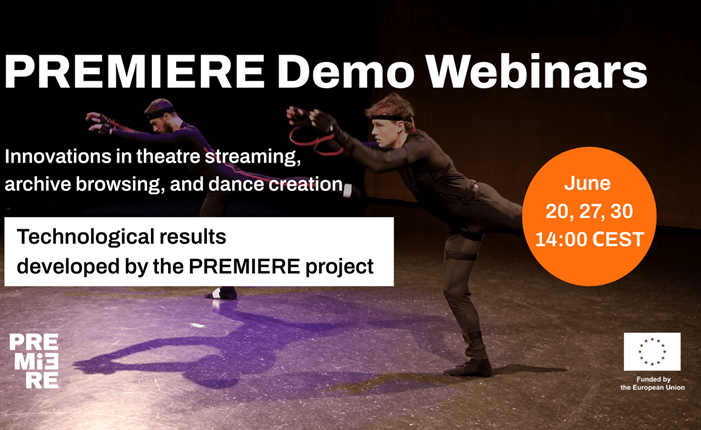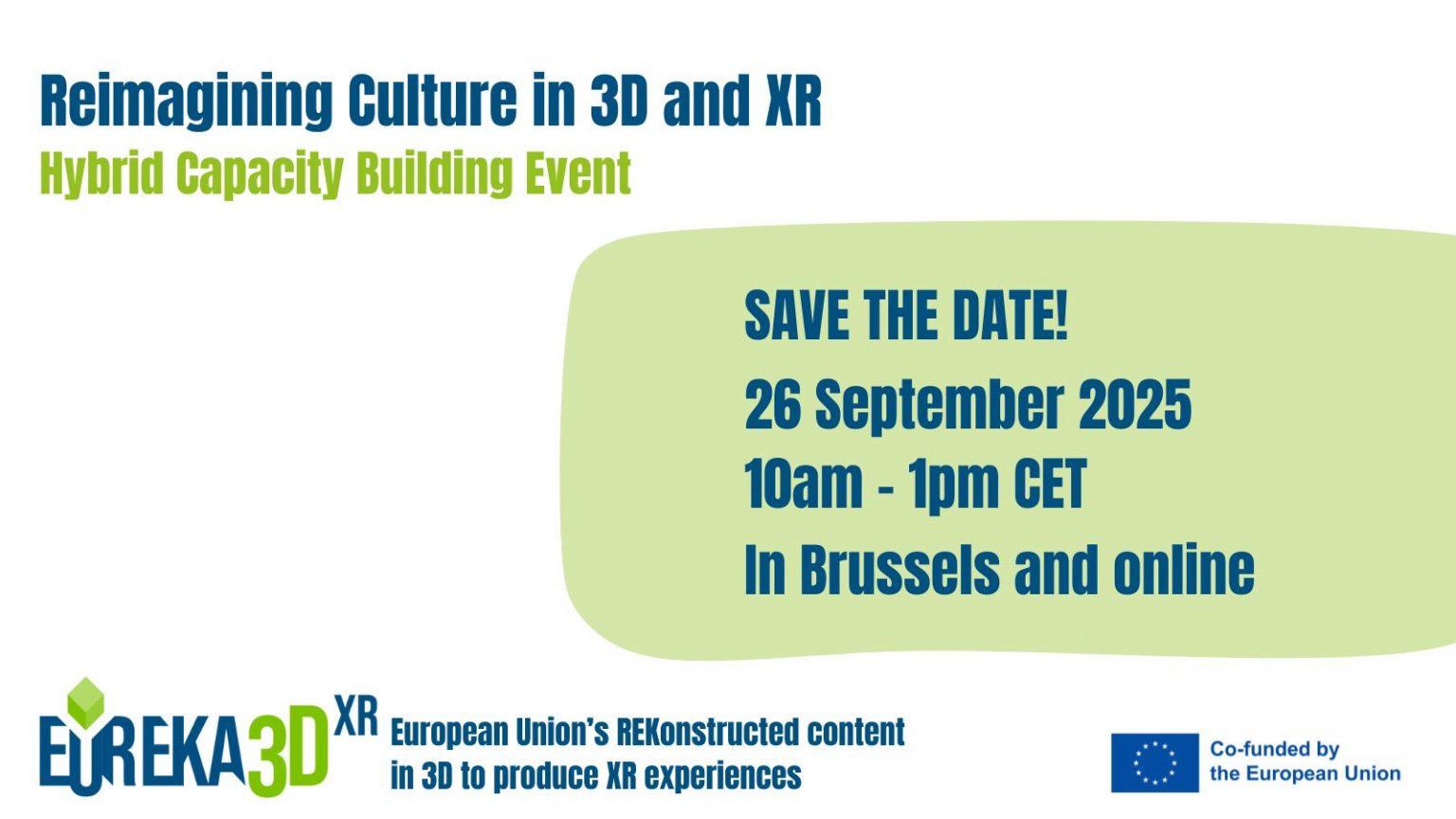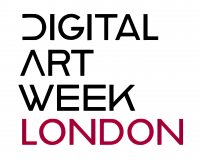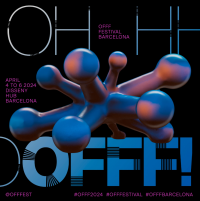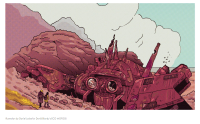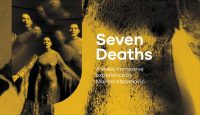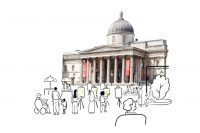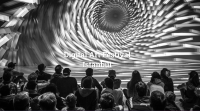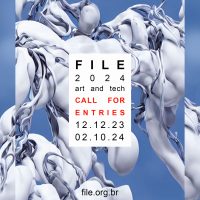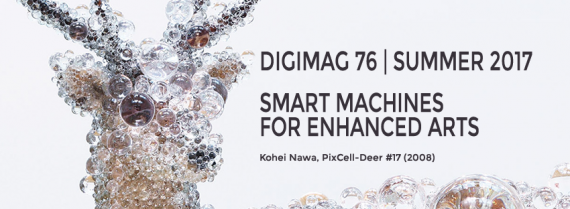
Artificial Intelligence (AI) and Machine Learning (ML) might be considered by many as synonyms, also because they are the buzzwords of this decade. But actually they are not. They both question though, the ability of the machines to perform and complete tasks in a “smart” way, challenging human intelligence and specificity.
With machines becoming more and more intelligent, Machine Learning is nowadays not only an interesting and challenging topic, but also a crucial discipline. If initially computing was just a matter of calculations, now it has moved beyond simple “processing” and implies also “learning”. In the age of Big Data and IoT, machines are asked to go beyond pure programming and algorithms procedures, introducing also predictions of data, OCR and semantic analysis, learning from past experiences and adapting to external inputs, reaching out the domain of human productions and processes.
As Gene Kogan and Francis Tseng write in their in-development book “Machine Learning for Artists”, we can “pose today to machines a single abstract problem: determine the relationship between our observations or data, and our desired task. This can take the form of a function or model which takes in our observations, and calculates a decision from them. The model is determined from experience, by giving it a set of known pairs of observations and decisions. Once we have the model, we can make predicted outputs””.
So, the subject of Machine Learning and Artificial Intelligence methods more in general, are going thusly much further the technology or science fields, impacting also arts, product design, experimental fashion and creativity in general. As ML features can fit with digital arts practices, we’re lead to explore the way some AI techniques can be used to enhance human performative gestures and creativity models.
How biological systems and machine intelligence can collaborate to create art, and which is the cultural outcome for our society? Which is the new role of creativity in this scenario? How the contemporary will face a future generation of automated artificial artists/designers, able to learn from the creatives themselves, or to have a direct impact on human creativity? Will the anthropocentric vision of the creative process behind the artistic creation, affected by new intelligent Neural Networks?
With this call Digicult aims at researching contributions on the mentioned topic, especially from individuals active in the artistic and academic fields (curators, critics, hackers, fabbers, creative producers, lab managers, activists, designers, theorists, independent and academic writers, scholars, artists, etc.).
Deadline: 01 September 2017
More info: http://www.digicult.it/digimag-journal/

About DIGIMAG
Digimag Journal is an interdisciplinary online publication seeking high-standard articles and reviews that focus on the impact of the last technological and scientific developments on art, design, communication and creativity. Following the former Digimag Magazine, it is based on international call for papers on given subjects and provides readers with comprehensive accounts of the latest advancements in the international digital art and culture scene. It is published by Digicult Editions, for free as Pdf, Epub, Mobi and in print on demand.


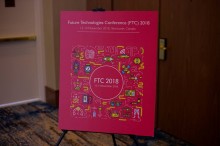
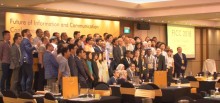

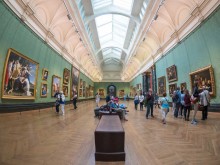
 If you have interesting news and events to point out in the field of digital cultural heritage, we are waiting for your contribution.
If you have interesting news and events to point out in the field of digital cultural heritage, we are waiting for your contribution.
